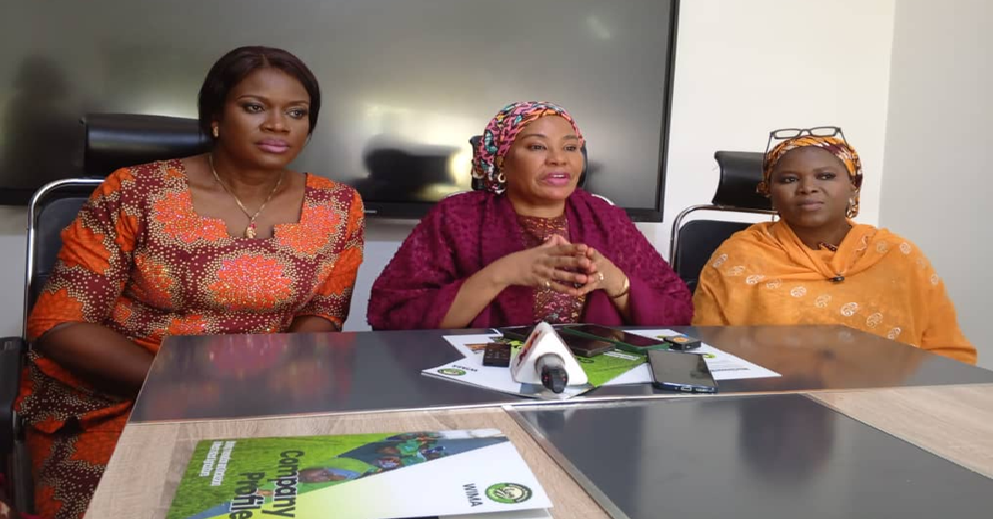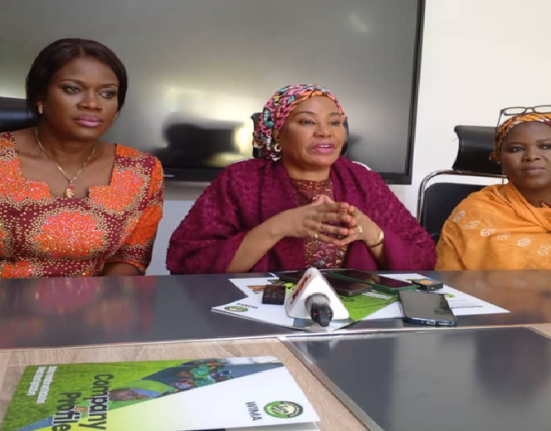Women in Mechanised Agriculture (WIMA) have called on the government to provide stronger support for women in the agricultural sector by improving access to mechanised farming equipment and incorporating women-focused initiatives into national policies.
During a media briefing in Abuja, WIMA Board Chairperson, Dr. Aisha Waziri, emphasized the critical role of mechanisation in enhancing agricultural productivity and empowering women farmers across Nigeria.
“We are appealing to key ministries, including Agriculture, Women Affairs, Trade and Investment, and Science and Technology, to integrate mechanisation support for women into their policies,” Waziri stated.
She explained that WIMA’s approach is an innovative model that functions similarly to a ride-hailing service, allowing women farmers to lease agricultural machinery at no upfront cost.
“This initiative is entirely run by women, bridging the gap between urban professionals and grassroots farmers. It’s a practical solution that benefits both the government and the women involved,” Waziri added.
She urged policymakers and lawmakers to endorse the programme, noting its potential to transform Nigeria’s agricultural sector and support economic diversification.
On funding, Waziri revealed that WIMA is considering crowdfunding but is ensuring compliance with regulatory frameworks before rolling out the initiative.
“Our model connects urban women as investors with rural women who need mechanisation services, allowing professionals to participate in agriculture as a side business,” she said.
WIMA President, Mrs. Aisha Yakubu Bako, highlighted the organisation’s growth since developing its business model in 2019.
“We started with just six women. With Mastercard Foundation’s support in 2020, we expanded to 250 members. By 2022–2023, we had grown to about 500. This year, we are scaling up to 2,000 women, providing them with access to tractors,” Bako explained.
She clarified that WIMA operates as a business membership organisation rather than a charity, with members acquiring equipment under a vendor-financing model and repaying costs through service provision.
Heather-Ronke Akanni, an agribusiness specialist and WIMA Board of Trustees member, stressed the need for policies that go beyond agricultural production to include mechanisation and value chain development.
“Mechanisation is essential for improving productivity and processing. With policy support and investment, we can create significant economic opportunities for women and attract more young people into the sector,” Akanni stated.
She added that with the right government backing, WIMA’s initiative could revolutionise mechanised farming in Nigeria, fostering job creation and sustainable agricultural growth.

